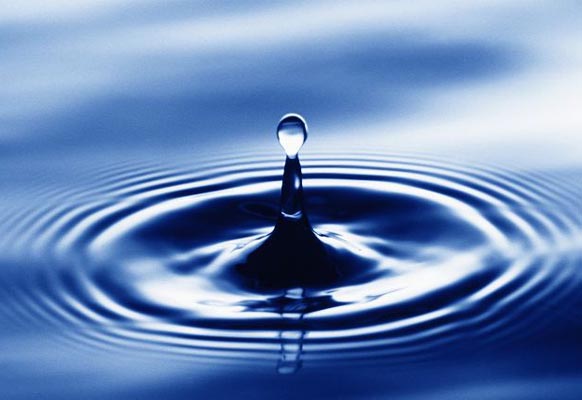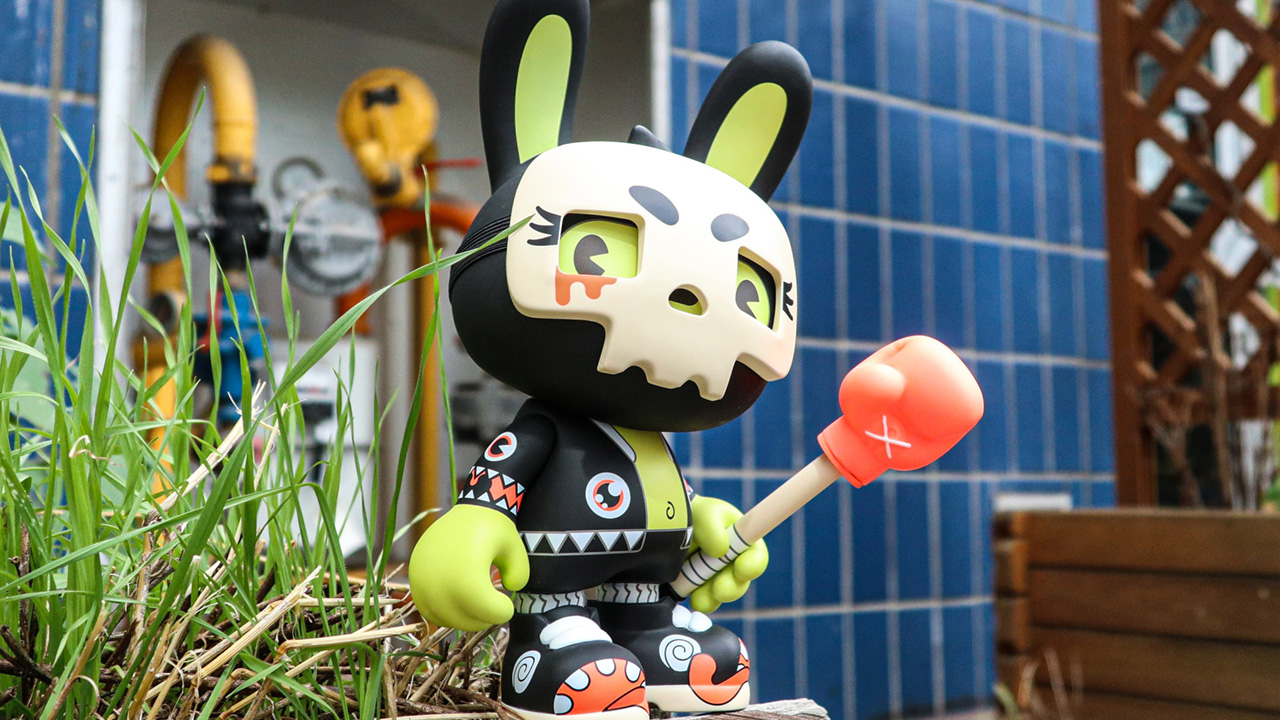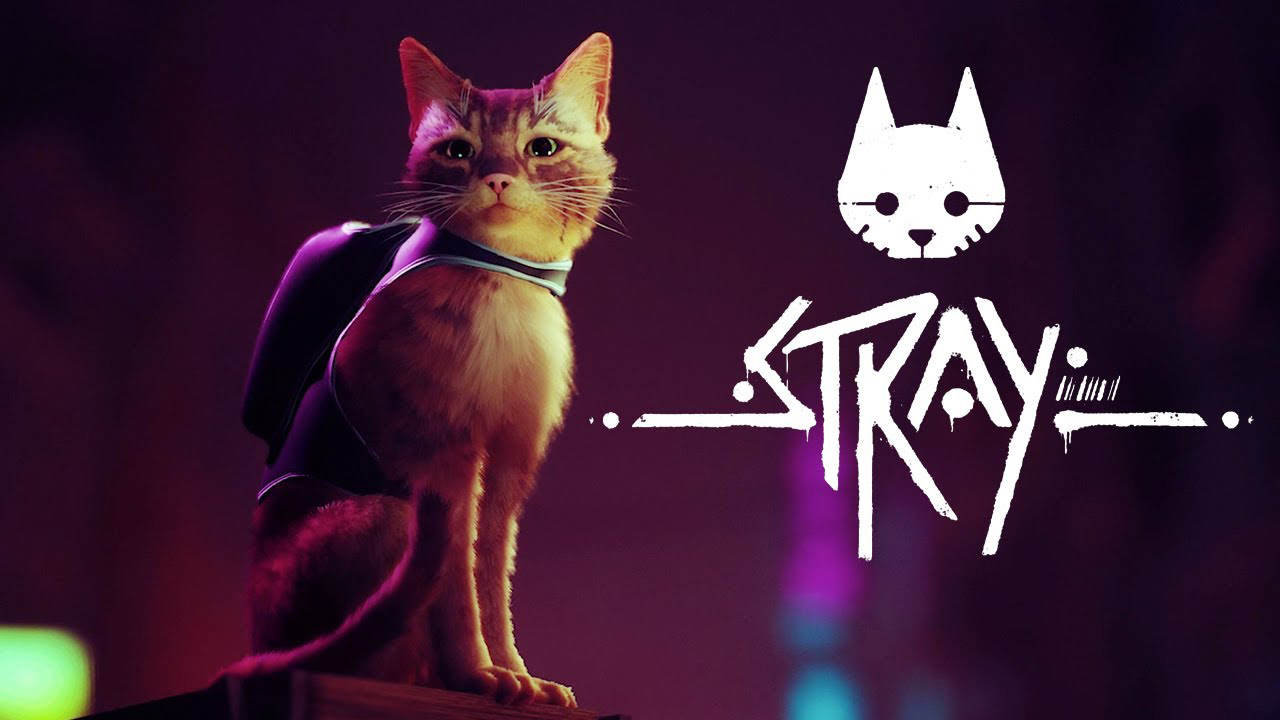

March 22 was World Water Day and if you are still not aware about what this day is about (even though it’s clearly self explanatory), then you should know that water affects every aspect of our lives, yet nearly one billion people around the world don’t have clean drinking water, and 2.6 billion still lack basic sanitation. World Water Day, celebrated annually on March 22, was established by the United Nations in 1992 and focuses attention on the world’s water crisis, as well as the solutions to address it.
From Wold Water Day Press Release:
At a time when one in six people worldwide does not have access to safe drinking water and two in five people lack access to basic sanitation, the water crisis is among the most pressing issues the global community faces-affecting health, child survival, gender equity, education, the environment, poverty and political security. While many factors-climate change, geography, poor water systems, lack of infrastructure and failed policies-have contributed, the fact remains that billions of people worldwide do not have access to safe drinking water and basic sanitation.
If you missed the celebration day, it’s not too late. ONE launched One Week for Water on Twitter: ‘All of World Water Week, we’ll tweet and post clean water stories, stats and actions. If you choose, we’ll even update your profile pic or avatar with a light blue tint.’ You can also get more information on Waterday.org, Water.org and on the official website of World Water Day (UN).
Two years ago, Max Dana published on her blog an article about water scarcity: ‘Will the Sama Water Tank save the world?’. We think it is worth reading, as a complement to this news about World Water Day.
“
The Sama from the World Of Sama, as you may know, have a duty: protect humans and sometimes plan ahead like the Sama Water Tank does. Water will soon be an issue, if not already; it’s soon to be a rare commodity… The ocean noise, the constant sound of a waterfall, a fountain shooting up water, having a tub or simply drink it; water is essential for any human being to live (a human body contains 60-70% of water, 2/3 of our body weight, and without it, humans would die in a few days…) and even if in industrialized countries we just have to pull a tap or open a bottle to drink water, in some parts of the world, many people have to walk hours to get water and they come back carrying heavy water buckets. Once again, looking ‘outside our window’ should aware us about serious problems we, as people living in industrialized western-countries, will be facing sooner than expected. Because water is an element on the way to extinction. Pun apart, it’s true.
Here are some alarming facts and numbers: by 2025, it is expected that 3.4 billion people will be living in countries defined as water-scarce food; poor hygiene and lack of access to sanitation together contribute to about 88% of deaths from diarrhoeal diseases, accounting for 1.5 million diarrhoea-related under-five deaths each year; more than five million people die from waterborne diseases each year – 10 times the number killed in wars around the globe. Here is a quote from the text of UN Secretary-General Ban Ki-moon’s message on World Water Day: “Every 20 seconds, a child dies as a result of the abysmal sanitation conditions endured by some 2.6 billion people globally. That adds up to an unconscionable 1.5 million young lives cut short by a cause we know well how to prevent. Poor sanitation combines with a lack of safe drinking water and inadequate hygiene to contribute to the terrible global death toll. Those who survive face diminished chances of living a healthy and productive existence. Children, especially girls, are forced to stay out of school, while hygiene-related diseases keep adults from engaging in productive work.”
World Water Day 2008 (www) was celebrated by the UN on Thursday, 20 22 March and this year, the highlight of the day was about issues on sanitation in accordance with the International Year of Sanitation 2008. Sanitation is vital for health, it leads to social development and it helps the environment. So I can hear, here and there that water scarcity is not a global problem, -yet. A report from the European Environment Agency (EEA) says in the future it is likely that predicted climate change will exacerbate this situation in the most water scarce parts of southern Europe, nine European countries can already be considered water-stressed and the available information shows that at least 10.4% of the EU territory and 14.3% of the EU population have been affected so far by water scarcity situations. Increased awareness about environment might help to bring awareness about water scarcity because everything is connected, but the question is: is awareness enough? Pessimists would say: isn’t it already too late to change anything? Facts and numbers are scaring, definitely. We also need water to grow food, and the recent protests over the cost of food could be a harbinger of a global water crisis brewing.
Will the Sama Water Tank save the world is a question I was asked by a young boy when he was looking at my Sama Water Tank drawing. I answered him it was very unlikely, but that the Sama Water Tank was there to remind us how fragile we are. A global water crisis brews and I have no idea what will happen within the next decades, but all environmental issues are deeply intertwined, and since we now all know we have to do something quickly, maybe the worst scenario can -still- be avoided. Water scarcity is the subject of the script I’m writing, it should be a short movie but I don’t know yet how it will evolve.
Talking about water, today is the fifth Sunday’s Global Day for Darfur, organized by an international coalition of human rights groups including Amnesty International, Human Rights Watch, and the Save Darfur Coalition. It is highlighting how over 1 million Sudanese children have been caught up in the bloodshed, displacement, and killing in the region. Geologist Farouk El-Baz, director of the Boston University Centre for Remote Sensing once said: “Much of the unrest in Darfur and the misery is due to water shortages“, and Alex de Waal also said: “Like all resources, water can be used for good or ill“. If water is not the main reason underpinning the conflict in Darfur (and in other numerous conflicts in Africa), it is (and it will be) with no doubt one of the key issue.
“




